Money, money, money: How the annual 2% reduction affects CBS, and why a DKK 123 million windfall isn’t all good news
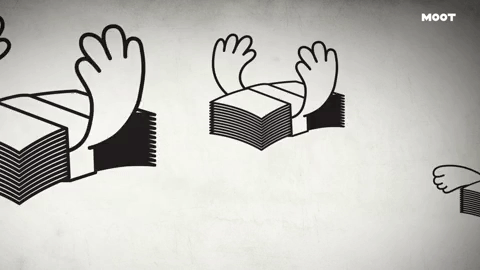
On one hand, CBS must cut two percent of its grant for education annually, an unpopular intervention, which the government has decided to continue. On the other hand, CBS may receive DKK 123 million for research and education over three years. But CBS may also risk losing approximately DKK 50 to 60 million per year. So, what’s going on with CBS’ finances?
Like other Danish universities, CBS’ existence relies mainly on state funding. Despite funding being relatively consistent, no matter whether the government is blue or red, some changes do occur.
For example, when the current government asked all of the educational institutions in Denmark to cut two percent of their budget annually from 2016. The so-called ‘omprioriteringsbidrag.’
Since 2016, CBS has saved DKK 132 million due to the annual two percent cut, and in total Danish universities have saved DKK 524 million.
“If we didn’t have this two percent reduction each year, we would have spent the money on recruiting more VIP staff for teaching. In that scenario, we would have had about 80 additional academic staff in 2019, compared to today,” says Kirsten Winther Jørgensen, the University Director of CBS and continues:
“This would have been crucial for the quality of teaching, since we would be able to offer our students i.e. more hours of teaching, more feedback, and in some cases, smaller class sizes.”
However, the universities might have to prepare to save even more. In its draft budget, the government has proposed to continue the annual two percent reduction. This means that universities together with high schools and museums will have to save another DKK 800 million a year for the next three years. Then another change will be made.
From 2022, the money saved from that year and onwards, will remain within the sectors from which they have been saved. Confused?
The money saved will come back… maybe
As it is now, the government can spend the money saved on things other than culture and education. It can be used to support health care and infrastructure. In 2022, however, the money will be given back to the sectors from which they have been saved. This means that money saved from the universities will be spent on the universities, but it is the government that decides which universities. This means there’s no guarantee that the universities will get all of the money back.
If the proposal is approved, DKK 767 million will remain within the educational and cultural sector in 2022.
“Of course, we hope that we can keep the two percent we have saved, or at least get a fair share of the saved money,” says Kristian Dyhr, CFO at CBS.
If the proposal is approved, CBS will have saved a total of DKK 366 million since the annual cuts started, according to Kirsten Winther Jørgensen.
More money for research and education
A pleasant surprise awaits in the government’s budget proposal, however. If the budget is approved, CBS will receive DKK 41 million extra each year for research for three years.
“CBS is really pleased to see that the national draft budget includes a proposal to improve basis research funds at CBS by DKK 41 million,” says Kirsten Winther Jørgensen.
Even though the budget has not yet been approved, Kristian Dyhr and his colleagues have already been calculating the numbers to see how it will affect CBS’ economy and how it can be spent.
“If we hire a PhD student, it’s a three-year commitment at least. However, if we hire a professor, it’s, hopefully, a long-term engagement, which we also have to take into account. Our task here is to make sure that the economy does not suffer large fluctuations, so we can avoid hiring and firing in and out of season,” he says.
CBS has a equity of about DKK 300 million, part of which can be brought into play for “bad times”, as Kristian Dyhr calls it.
There is always a ‘but’
However, there may be another potential change to the budget. From 2020, CBS risks losing DKK 50 to 60 million in income.
To understand why this is, we need to explain the technicalities.
Students at Danish universities are categorized into different groups, and each group activates a certain rate that covers the student’s studies. The majority of CBS’ students belong to group one, which covers the least expensive educations.
So, a couple of years ago, the government decided to grant extra funds per full time student in group one. DKK 5,000 to be exact. This meant that CBS would receive an extra DKK 50 million.
However, this extra funding is temporary, and it ends in 2019. Unless, there is a decision to continue it. This decision is not expected to be made before August next year.
“We expect the politicians will find a way to continue the extra funding to group one students when they negotiate the national budget for 2020,” says Kirsten Winther Jørgensen, and continues:
“However, if this doesn’t happen, CBS will lose about DKK 50 to 60 million a year, and the DKK 41 million that has been earmarked for CBS to improve basis research funding will be spent on making up for most of the shortfall that is created.”
On the other hand, if CBS gets to keep the DKK 50 million and is granted the DKK 41 million, it is a very favorable situation.
“If we are granted the DKK 41 million and the extra taximeter funding continues, the money will be spent on increasing the quality of teaching, primarily through hiring more academic staff,” says Kirsten Winther Jørgensen.
Working with uncertainty
In Kristian Dyhr’s department, they are trying to take into account all the different variations in funding when they make the budget plan. And even though it seems as though a lot is changing, CBS is in a good position, argues Kristian Dyhr.
“I used to work in the private sector where massive changes and uncertainties could appear out of nowhere. In the public sector, however, it’s different,” he says and continues:
“The government knows that we, as a university, need to have some security. So when they make changes, we often get a bit of notice, and the changes often happen over several years, so that we have time to adapt to them.”
Kristian Dyhr and his colleagues are not only looking at CBS’ budget for next year, they’re trying to get an idea of what it will look like in four or even six years’ time.
“We have to do this, as we need to know if we can actually hire people who plan to stay at CBS for a long time,” he says.
So, what does Kirsten Winther Jørgensen dream about in terms of CBS’ future finances?
“CBS simply wishes to get funding on par with the other universities in Denmark. This would imply that the extra funding to group one students is made permanent, and that CBS’ historical underfunding of research is evened out through giving CBS extra funding of about DKK 150 million for basic research funding every year,” she says.



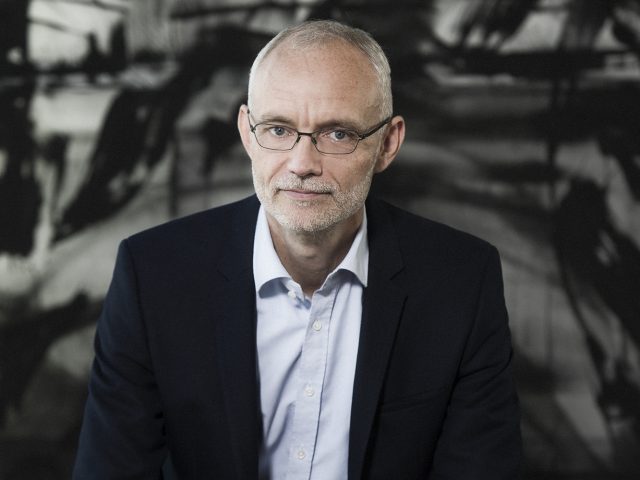
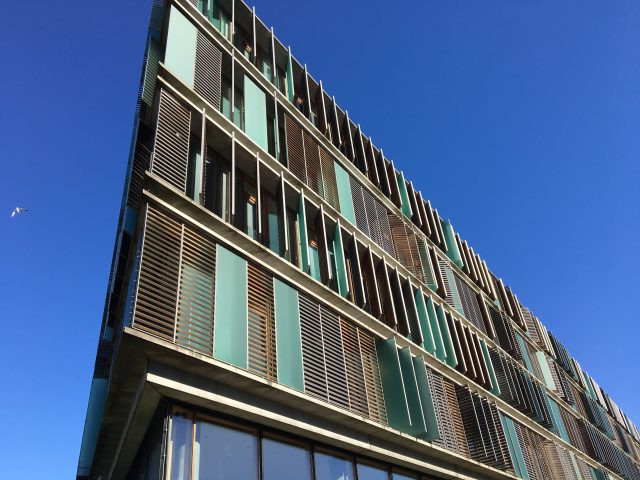

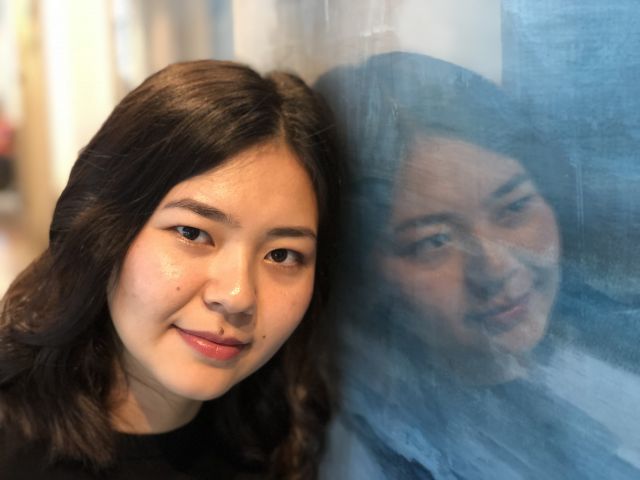
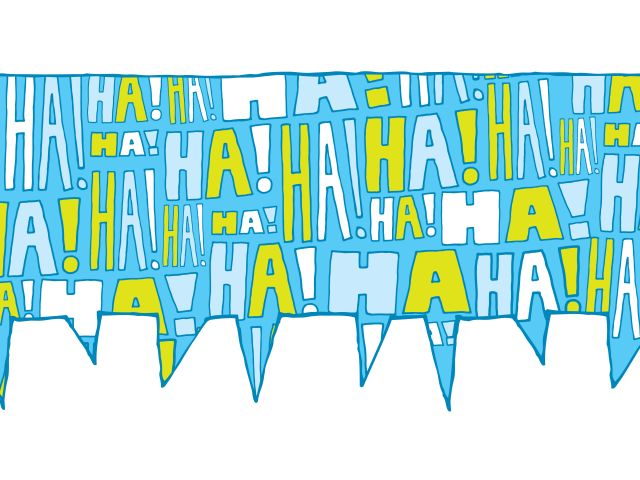




























































































































Comments